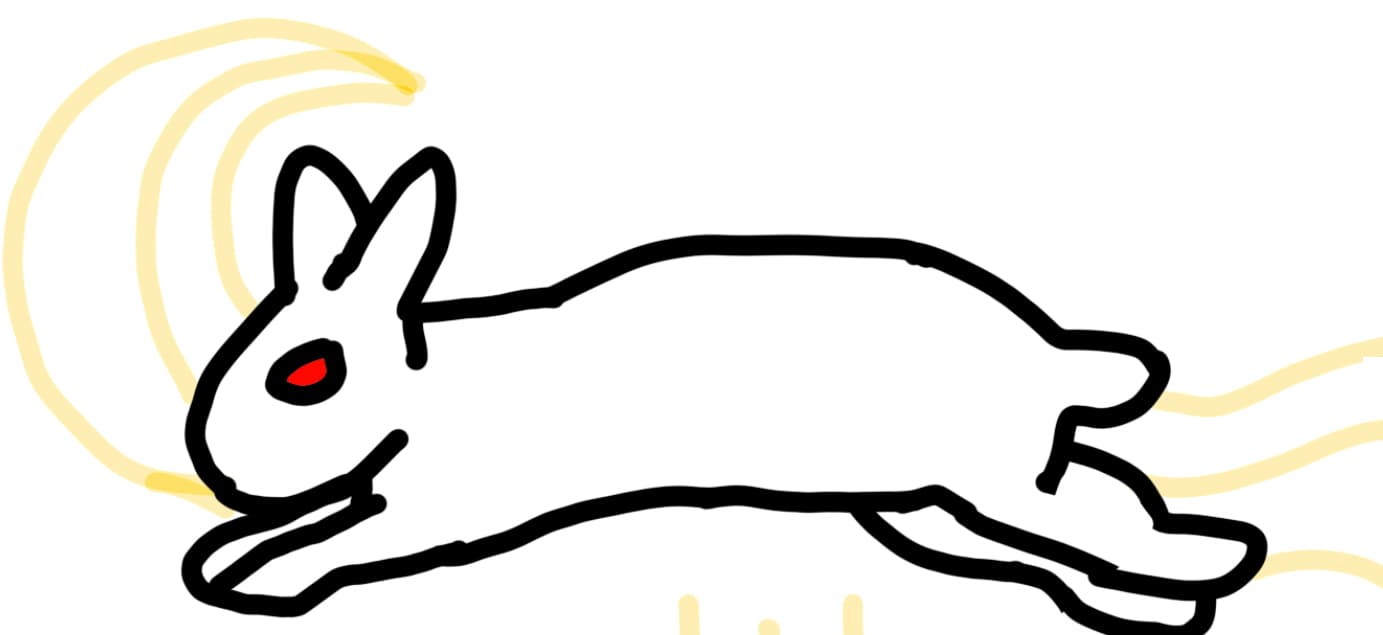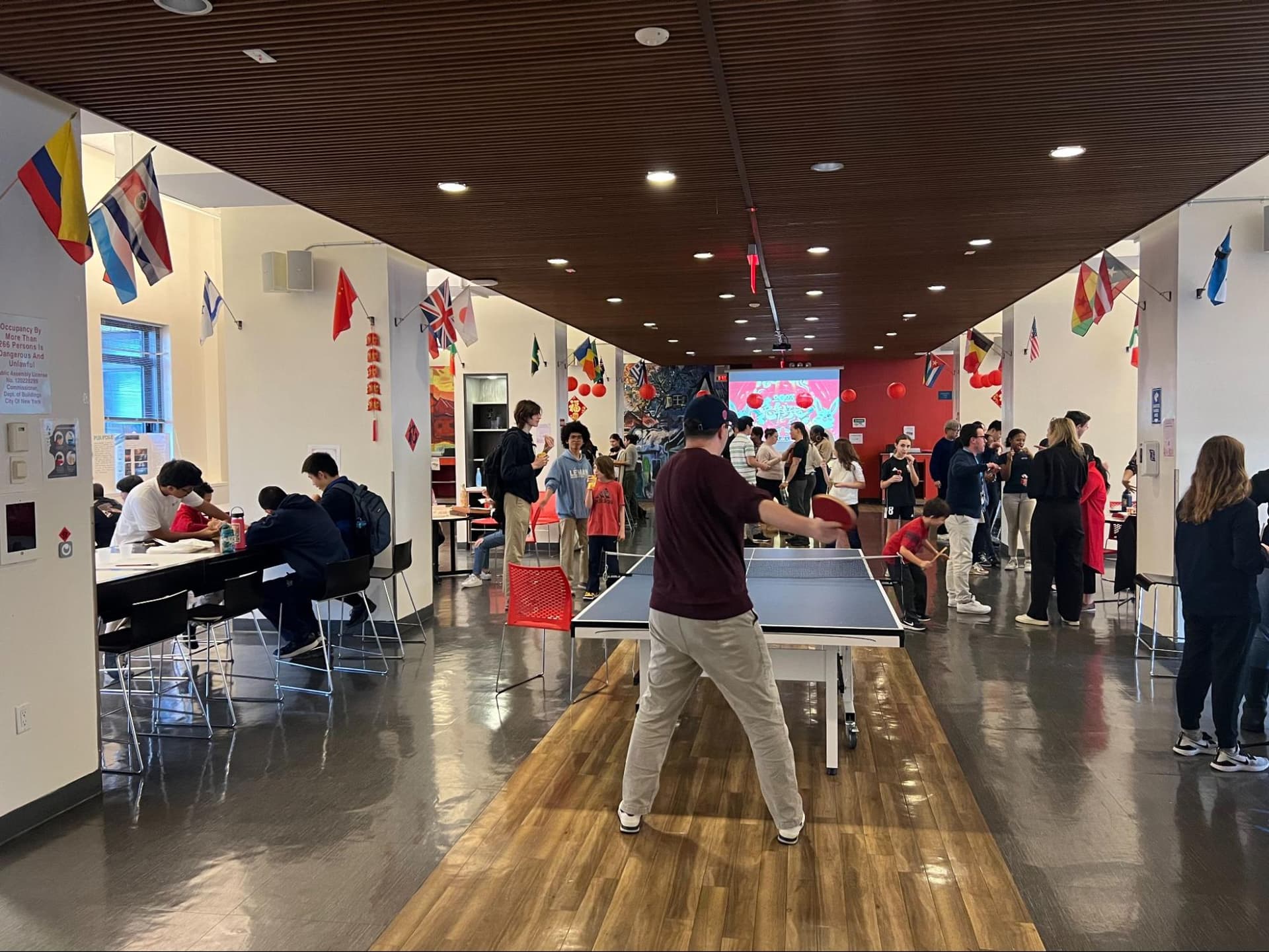
Lunar New Year is a very exciting and well-recognized holiday that has been celebrated for over 3,500 years in many different parts of China and southeast Asia. It is a traditional holiday celebrated by millions of people around the world, and recently featured in events here at Léman.
Lunar New Year is a time for family reunions, loud celebrations and festivals to honor its significance. Vanessa Guan, a junior at Léman that leads the Asian Awareness Club explained it as “a celebration that starts at the first of the first month in the lunar calendar and ends at the 15th in the same month. However, the preparation normally starts at either the eighth or 23rd in the previous month.”
Leman Manhattan had the privilege of having students from Columbia University perform traditional Chinese lion dances during lunch time on the 20th of January. It was a very exciting event, as the four students dressed up in a seemingly heavy and bright red costume and performed all across the cafeteria.
Costumes during Lunar New Year are very important and there are several reasons for their use. Many of the customs and traditions associated with the Lunar New Year have been passed down through generations, and the use of costumes is a part of that tradition. In many cultures, wearing traditional costumes is a way of honoring and preserving cultural heritage. Costumes, especially those with bright colors and specific symbols, are believed to bring good luck and ward off evil spirits. The use of red is particularly significant as it is considered to be a lucky color.“In some East Asian cultures, red stands for luck and fortune. It is a very bright and festive color,” said Vanessa.
It also adds to the entertainment of the holiday as in many cultures, the use of costumes in performances such as lion and dragon dances enrich the energy of the deliberation. These performances are often accompanied by music and drumming, and the costumes add to the spectacle and excitement of the event.
Leman Manhattan also had the privilege to host a potluck afterschool on the 20th of January where many stations to celebrate the Lunar new year were set up, such as games like Chinese Chess and Ping Pong, and many foods and snacks. High school students taking Mandarin also made presentations sharing their knowledge on the holiday and what it means to them. Many of the students had an amazing time learning from a wide variety of people and the engagement in this culture truly shows how popular and wholesome this holiday is.

Leman’s Lunar New Year potluck. Photo by Zander Sargeant
The holiday typically falls between January 21st and February 20th, depending on the lunar calendar. The date of the Lunar New Year changes each year. Over the past couple decades, Lunar New year has become a global phenomenon and so have the many traditional events, dances and food that resonate with the holiday.
Traditionally, Lunar New Year spans to last 15 days and each day has a different meaning. The celebrations usually begin on the first day of the Lunar New Year and end on the 15th day with the Lantern Festival. Each day of the Lunar New Year is associated with a different tradition or ritual, such as cleaning the house, decorating with lanterns, and eating dumplings. The first seven days are considered the most important and are celebrated with the most enthusiasm. The first day is New Year's Eve, followed by New Year's Day and the following five days are referred to as the "Five Festive Days." The last day of the Lunar New Year is the Lantern Festival, which marks the end of the celebrations.
“Family members gather together to have a big dinner. Adults give children red packets and new clothes. In some cultures, people also bring gifts and visit family members or friends. Where I’m from, some of the things we eat include dumplings, fish, rice cakes, spring rolls, tangerines, and persimmons,” Vanessa Guan added.
All in all, it was a great opportunity to explore the traditions of Lunar New Year and it is a great holiday that brings positivity, companionship and gratefulness to every home that celebrates it.